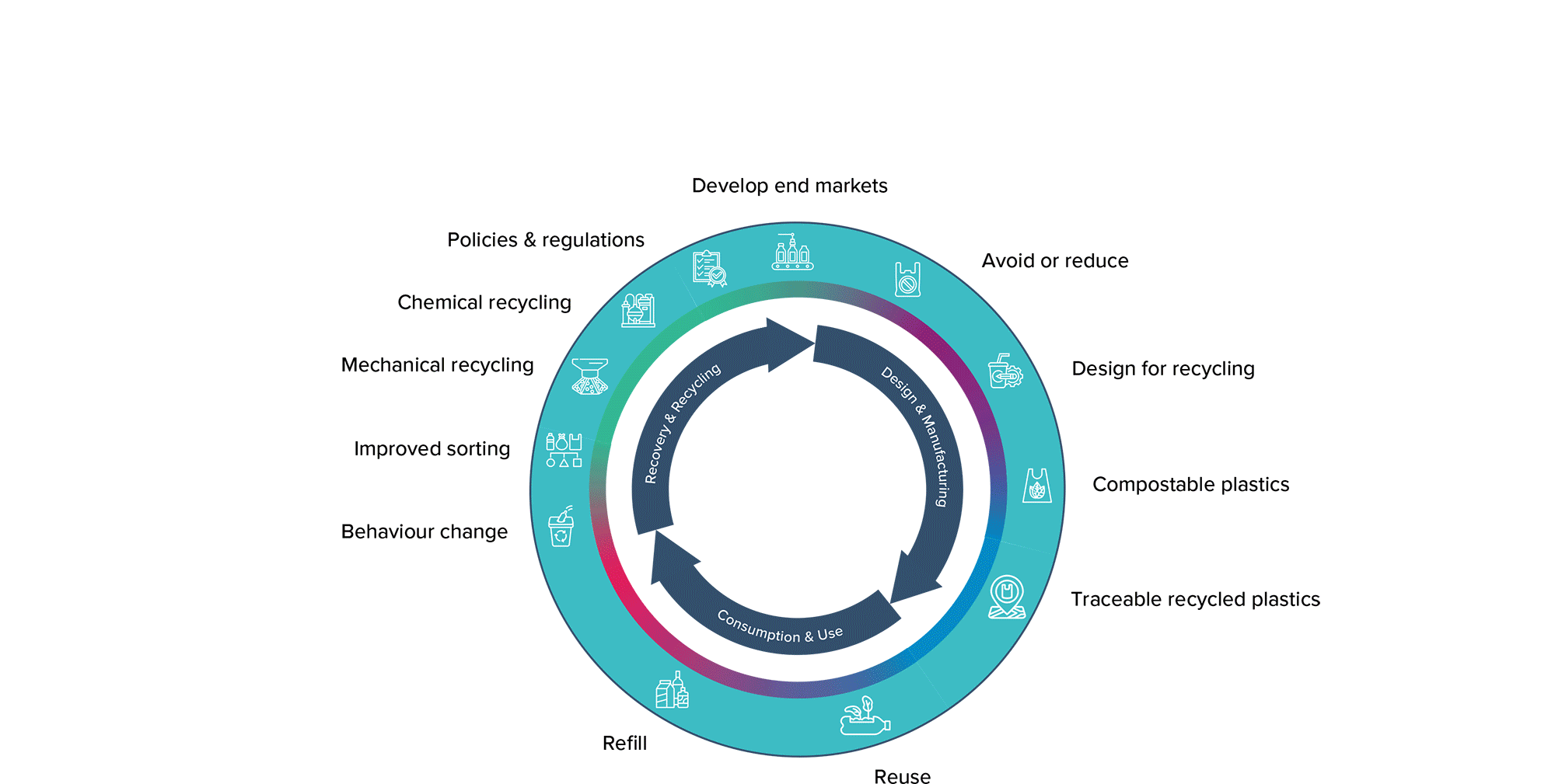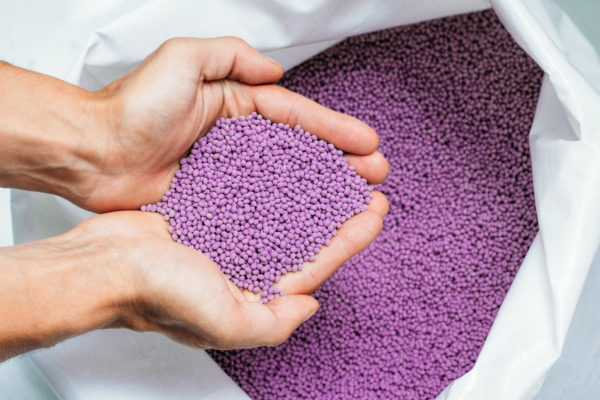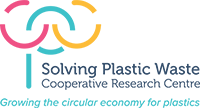
Education & Training (E&T) Program
The E&T Program is an integral component of the CRC, enabled by a collaborative network of research partners across Australia, and a cross-section of industry partners that span the entire plastics value chain.
PhD Program
At the core of the E&T Program is a unique industry focused skills program aimed at developing the capabilities of PhD graduates and postdoctoral fellows to operate across the research-practice boundary. The Industry Doctoral Program will produce graduates able to access career pathways across the circular economy for plastics, in industry, research laboratories, or in academia while also providing postdoctoral fellows with enhanced and well-rounded industry engagement experience and skills.
Industry Development
The CRC will also offer micro-credentials (MCs) for industry managers and professionals aimed at building a deeper understanding of the upstream and downstream challenges and opportunities to develop solutions for plastic waste.
The E&T Program will be a fundamental legacy of the CRC, establishing an ongoing multi-disciplinary alumni network, strengthening Australia’s circular economy research, and underpinning the skills and capabilities required in industry to develop, grow, and sustain a thriving circular economy for plastics.

